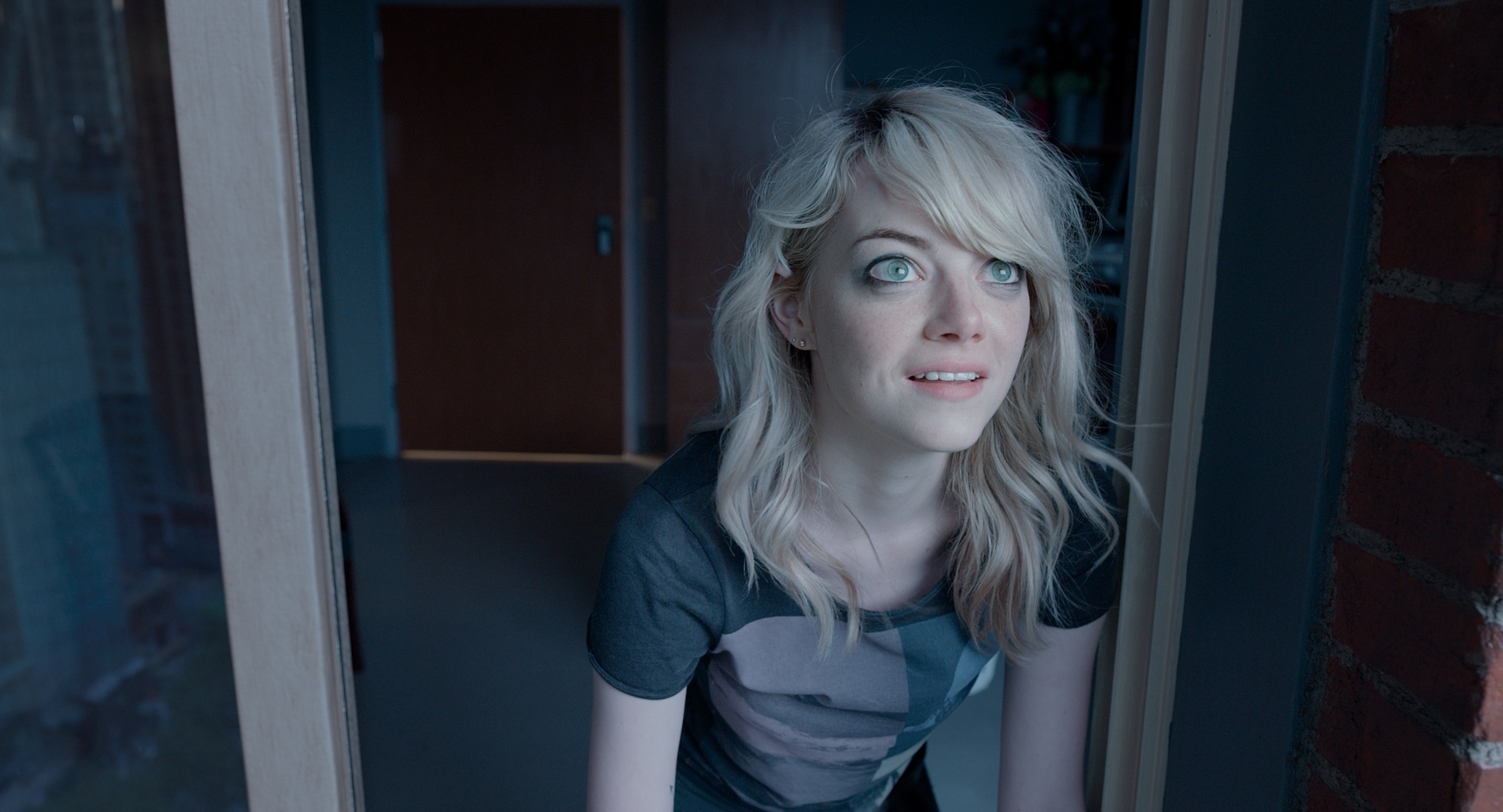It's more interesting, and biting, if the superheroics aren't real. Iñárritu is very happy to have a thousand interpretations bloom, and keep his own intentions close to his chest. And in fact, the finale was drastically rethought after the original comedic ending featuring Johnny Depp being taunted by Jack Sparrow was abandoned. The writers of the film wanted something which focused on the father-daughter relationship and had more pathos. That provides the clue. Rather than repeating the motif of famous actors being trapped by their most famous character, instead the daughter of a famous actor becomes trapped by the legacy of the father. While he chooses death and escape, she is given the opportunity to profit from his notoriety – the viral tweets, TV interviews and book deals are hers for the taking. She looks down at the corpse and then looks up, imagining not a superhero sequel but social media stardom instead.
The best joke of the film is that our attempt to fulfil our personal life-project and achieve transcendence is always inauthentic. Michael Keaton's Riggan Thomson does the play to escape his former blockbuster actor past and be more admired than George Clooney. Sartre was wrong – you are always in bad faith, no matter how much you risk and how much you fail. The film turns that bad faith into a character in Riggan's mind – the Birdman of his past tempting him to fly above the little people. But the other part of Riggan's mind is just as corroded – the glory of the theatre is riddled with as much sleaze, abuse and grim compromises as Hollywood. The dark secret at the heart of the film is that the only real freedom is death. That, and perhaps the heightened sense of the ridiculous which is the film's tone throughout. If you can't beat the system, you might as well laugh at it.
It's a triumph of engineering, put together almost back-to-front – the editing and post-production being planned out in advance so that the continuous shot effect could work. That amount of cinematic trickery masks the fact that in other respects this feels like watching a play: the setting mostly stays the same, there are only five or six main characters, and the action is built around set-piece exchanges of dialogue, of which Emma Stone's tirade about not being special is a particular highlight. But Keaton is also a bit of a revelation, as much as Riggan is for his theatre audience, although only we get to see his superb comic timing. Iñárritu should leave the ponderous dramas alone and do more funny stuff – it's a level above.


No comments:
Post a Comment